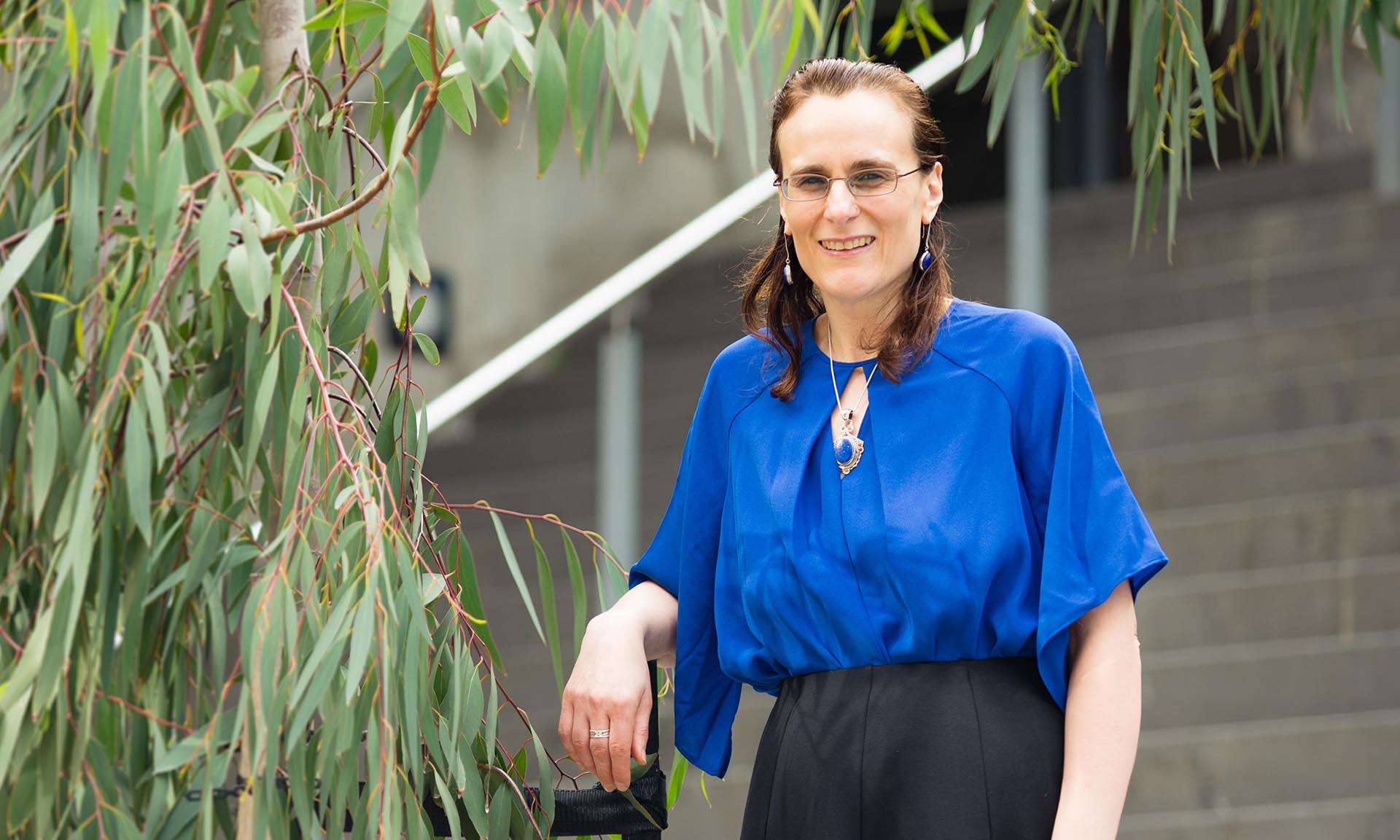Five ways junk food changes your brain
We know junk is bad for us, but we eat it anyway. RMIT neuroscientist Dr Amy Reichelt explains why junk foods are refined to hit you right in the sweet spot – your brain.
Meet Sylvia Urban: expert in natural products chemistry
A childhood fascination with the natural world led Associate Professor Sylvia Urban on a journey to discover how the chemistry of life can benefit humanity.
World’s thinnest hologram paves path to new 3D world
An Australian-Chinese research team has created the world’s thinnest hologram, paving the way towards the integration of 3D holography into everyday electronics like smart phones, computers and TVs.
RMIT research to unlock ’game-changing’ tech for Defence
Six new projects will help enhance Australia’s defence and national security, supported by more than $590,000 in Federal Government funding.




